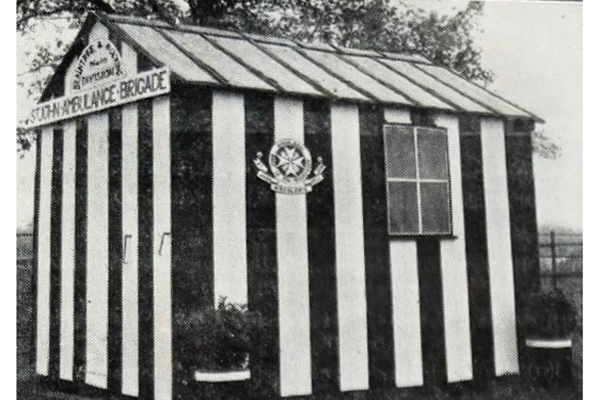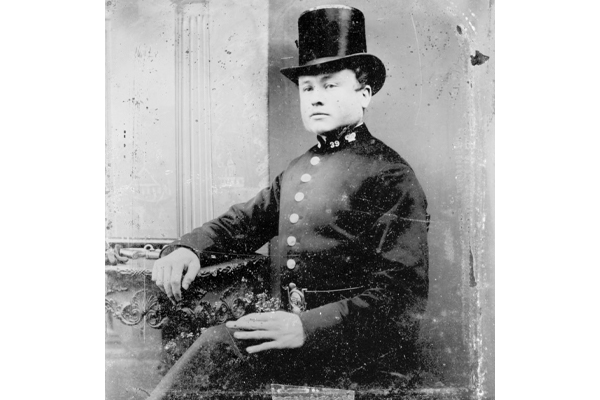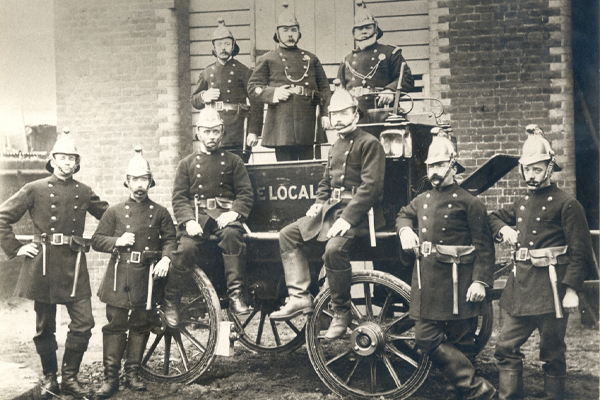
Local History of Braintree
Braintree is situated on a shoulder of land within the Essex Till, which covers the north and west of the county. The area was once a plateau but has been eroded and divided by two rivers – the river Pant (Blackwater) and the river Brain – to form a ridge where people began to settle. There is a very small amount of archaeological evidence to suggest some nomads lived in the area over 10,000 years ago during the Palaeolithic and Mesolithic periods.

A Brief History
The local history of Braintree begins at least 4,000 years ago, the earliest concentrated settlements being near the River Brain in the Skitts Hill area, and around the present crossroads at the junction of the A120.

The Bocking ‘Dolphin’
The heraldic ‘Dolphin’ motif will be a familiar site to many residents of the Bocking area, and has an interesting story behind it. This information sheet explores the heraldic roots of the ‘Bocking Dolphin’ and places it alongside the other symbols associated with the parish’s present day arms

Braintree Railway
As early as the mid-1800's, a new railway line had been constructed which was to eventually run from Braintree to Bishops Stortford, isolating the original railway terminus building, a small single story wooden structure, which remained in use as a builders merchant office.

Braintree Town Hall
A gift from William Julien Courtauld, Braintree Town Hall was opened on 22nd May 1928. In the speech made on behalf of William Julien Courtauld by the Earl of Crawford and Balcarres, it was stated that “there should be in this town something by way of a building that would be a record in the history of the town and a starting point for greater municipal work. That was Mr Courtauld’s object in giving this handsome Town Hall.”

History of Caring For The Sick in Braintree
Most towns and villages in the Braintree
District would have been reasonably small with
fewer inhabitants than today. Therefore there
would have only been a local doctor needed to
treat the sick.
The first hospital was founded in London in 1123 and by 1700's there were only 5 hospitals in the whole country.

History of Braintree Police
Braintree’s first Police Station was built on a plot of land purchased from Mr. Laver a local builder who also built the station for £1,060.
It was of sound construction and the windows had sash shutters that were used to give privacy. There was a house for the Superintendent’s family and cottages for the constables.

History of Braintree Fire Service
In 1632, Braintree was one of the first places in the UK to have a “fire engine for the common good of the parish to quench fires”.
Many local authorities in Essex worked together with the insurance companies offering fire protection service for their community. Equipment would have ranged from buckets to beaters to a manual pump.




